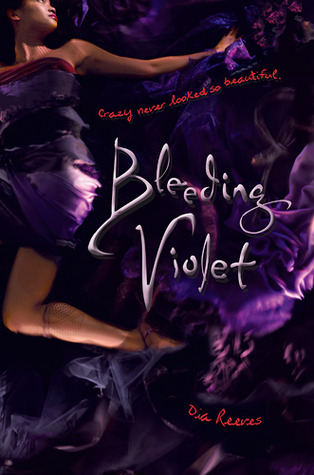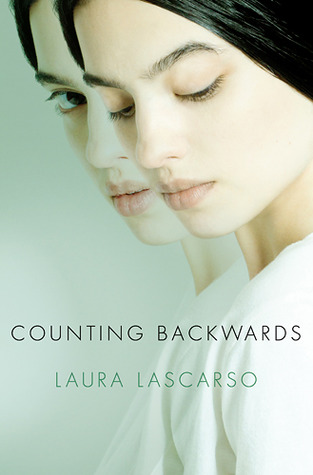My name is Megan and I have Dysthymia (Chronic Depression).
I’ve had it for the past 15 years (since I was 16), but I’ve only known what it’s called for the past two.
I’ve spent 13 years - my entire young adult life - thinking that the crushing sadness, chronic fatigue, short temper and restlessness were just my personality. I was “sensitive”, a “dreamer”. Sometimes people talked about it as though it were romantic and other times people talked about it as though I am deeply flawed.
It’s not romantic and I am not flawed. I suffer from a mental illness.
Why the delay in diagnosis?



Teenagers are supposed to be moody and temperamental, right? Half the entertainment industry is built on teen angst. Which is part of the problem. Sometimes, it’s really hard to tell the difference between normal teenage behavior and a real mental illness.
Young People that fall into the category of Dysthymia or who suffers from major depression without self-harm (suicide attempts or cutting) tend to fall through the cracks, especially if that person comes from a good home and is relatively high functioning.
That’s what happened to me. I had no “reason” to be sad. I’m from a good middle-class home. I wanted for nothing. I got good grades. I had a lot of friends. I was active in band, Jr. Optimists, theater and orchestra. I was a successful young adult from a good home - my “problems” must have been part of my personality. Perhaps, I’d grow out of it? It wasn’t until I was in college and started indulging in self-harm behaviors I sought help.
My refuge from all the darkness has always been reading. I read a lot as a teenager and young adult. I still read a lot. I’m drawn to fantasy and anything with a fantastical element - escapism at its purest. I didn’t care for contemporary books because I didn’t want to read about all the happy “normal” teenagers getting boyfriends or arguing with their friends. Those girls weren’t like me. They had it together. It was just one big reminder that I was “flawed”.
As an adult with the power of my diagnosis (and years of hard work and treatment) I now wonder if I would have felt differently if there had been books about “me”. Would I have felt less alone? Would I have talked to my parents and told them that I was struggling? My options for books and movies about mental illness were limited. It was all normal teenage angst or severe mental illness - the kind that lands you in a hospital for months at a time.
Curious, I racked my brain for contemporary YA books about teens with non-trauma mental disorders - I was interested in depression, OCD, panic disorders and even schizophrenia, but not depression as the result of rape, bullying or abuse (I think those are serious topics but it’s just not what I was looking for). I couldn’t come up with any that I had personally read. So I asked a few of my fellow bloggers and got more blank looks.
I put this question to Twitter: Book peeps: YA books about teens w/ non-trauma mental issues. So no rape survivors or grief. YA with bipolar, depression or schizophrenia?
5 people responded to me and this is the list I got back:
- Crazy by Amy Reed
- The Unquiet by Jeannine Garsee
- Bleeding Violet by Dia Reeves
- Lottie Biggs is (not) Mad by Hayley Long
- Impulse by Ellen Hopkins
- Nature of Jade by Deb Caletti
- Counting Backwards by Laura Lascarso



Are there really less than a dozen books dealing with non-trauma mental illness? I don’t believe that, but why is it so hard to find these stories? Why can I name two dozen werewolf stories or contemporary love stories right off the top of my head but can’t name a single book about mental illness? Why is this? Is it just not sexy (aka it won’t sell) to write about depression? Are there no good stories to tell? Is depression not recognized in teenagers, except in extreme cases?
I think mental illness is deeply misunderstood, especially in young adults and teens. That time in a person’s life is so full of change and upheaval that it’s normal to feel some sadness and anxiety. I spent my entire young adult life thinking that I was just flawed, unprepared to cope with normal life stresses and I know I’m not alone. Reading is such a powerful force. It influenced my personality, likes and dislikes and view of the world in a way that nothing else did. I can’t help but wonder if I had read a book about someone like me when I was a teenager, would have sought treatment long before self-harm?
Megan Swicegood is small town girl from rural Michigan and a graduate of the University of Southern California where she studied Creative Writing. She’s worked as a technical writer specializing in end-user documentation (also called instruction manuals) and a teen librarian. In the eight years since graduating USC she’s lived in seven U.S. cities and is currently working as a freelance writer/editor in Austin, TX.